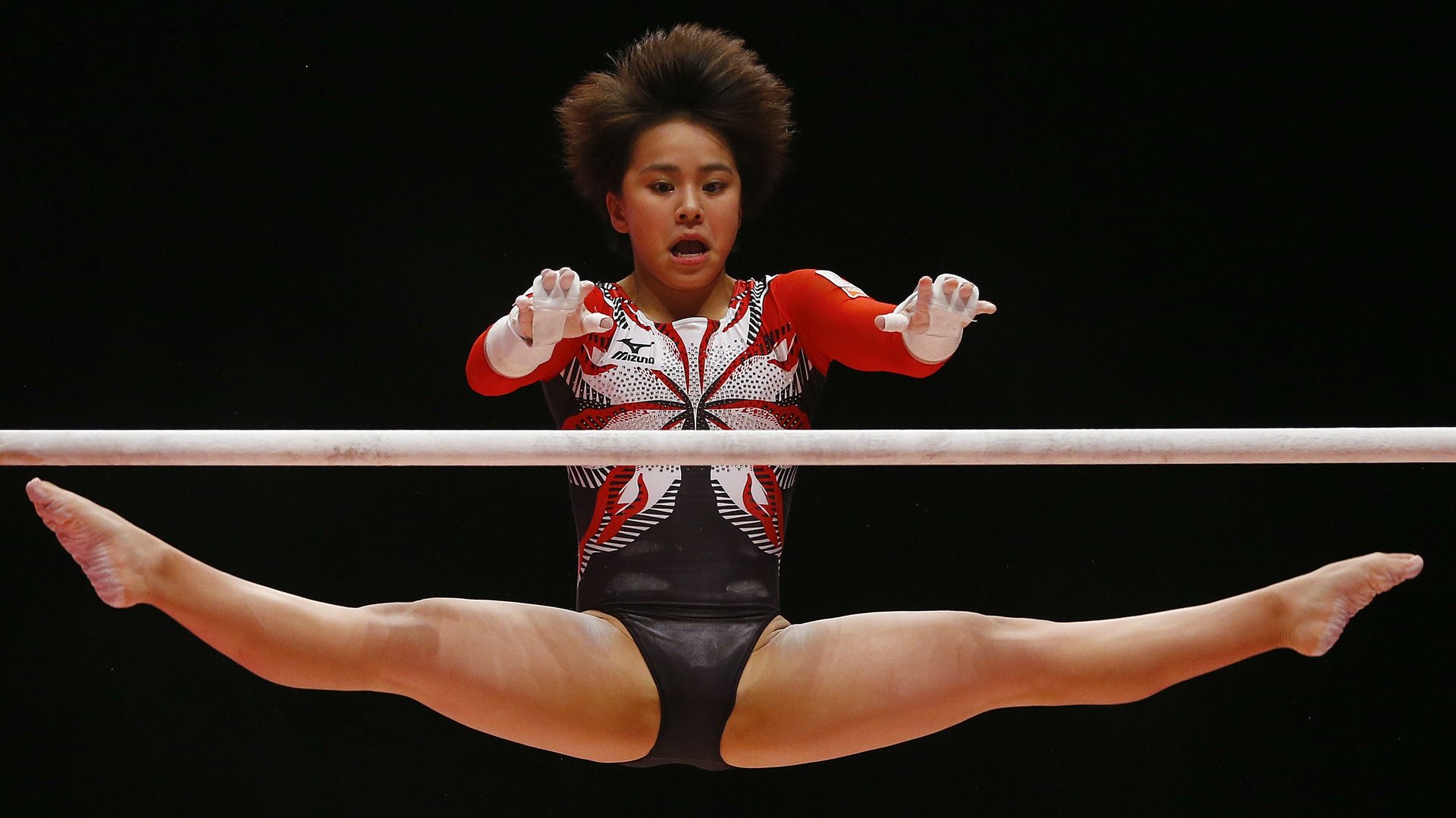The science behind why so many athletes choke
Tennis players and gymnasts are all too familiar with choking under pressure.


Tennis players and gymnasts are all too familiar with choking under pressure.
New evidence suggests that messing up may result from a neurological disconnect that happens when we perceive others watching us, according to a paper published in Nature Scientific Reports.
When people felt they were being watched, they reported feeling more anxious, says Neil Harrison, a neuropsychiatrist at the University of Sussex and co-author of the paper. Once they felt more nervous, they tended to over-exaggerate their smaller muscle movements. “Their motor dexterity is probably impeded while being observed, which [leads] to errors that they ordinarily would never make,” he told Quartz.
Harrison and his team asked subjects to hold onto a small ball with a sustained low level of pressure. To measure how the presence of an audience affected anxiety, researchers showed participants either video footage of scientists watching the participant, or footage of them watching someone else. Participants self-reported that they felt more anxious when they thought they were being watched and they tended to grip the ball harder over time.
Then, participants completed the same task in an fMRI, which showed the researchers where blood was flowing in their brains. While participants felt they were being watched, a part of their brain associated with registering social activity became more activated. Simultaneously, an area associated with muscle movement, had less activity. The connection between these two regions also decreased; it was in these conditions participants tended to grip the ball too tightly. The researchers concluded that being watched created a neurological confusion “between one’s own intentioned action and the perceived intention of others which…could ultimately perturb motor output.”
Harrison compares the task the participants completed to other tasks involving fine motor movements, like playing tennis, gymnastics, or even a musical instrument like the piano. While you’re being watched by an audience, “you get a general tensing up of the muscles in the hand, that can really negatively impact the playing of a complex piece,” Harrison says. With tasks that require less dexterous movement coordination, like running or weightlifting, athletes are likely to do better when they feel others are watching them. This is an example of a principle called social facilitation—when we have an audience, we may try to subconsciously improve our performance. It’s the opposite of performance anxiety.
The reality is, athletes and musicians can’t��escape an audience. Harrison says his colleagues recommend training in front of a friendly audience, like loved ones and family. Doing so could help improve connectivity between the two regions of the brain, which would hopefully lead to fewer mistakes. “Performance anxiety can affect people at all ranges of expertise–from amateurs to professionals. Some of the most outstanding professionals seem to be better able to manage the effects of public scrutiny perhaps through practice and experience,” he said in an email.